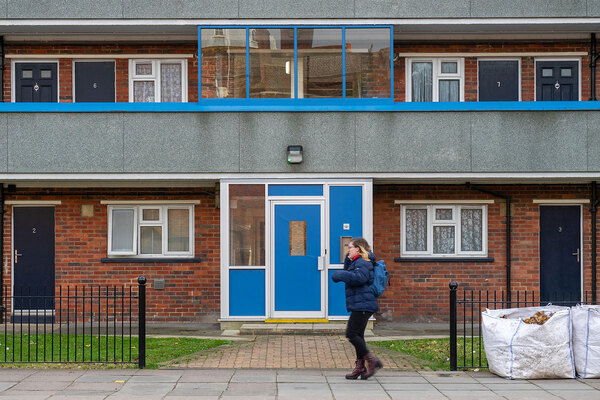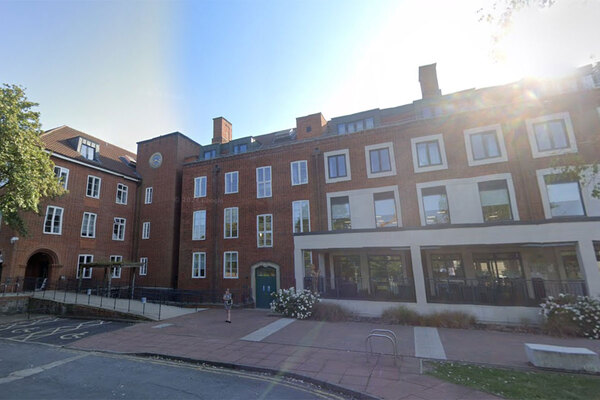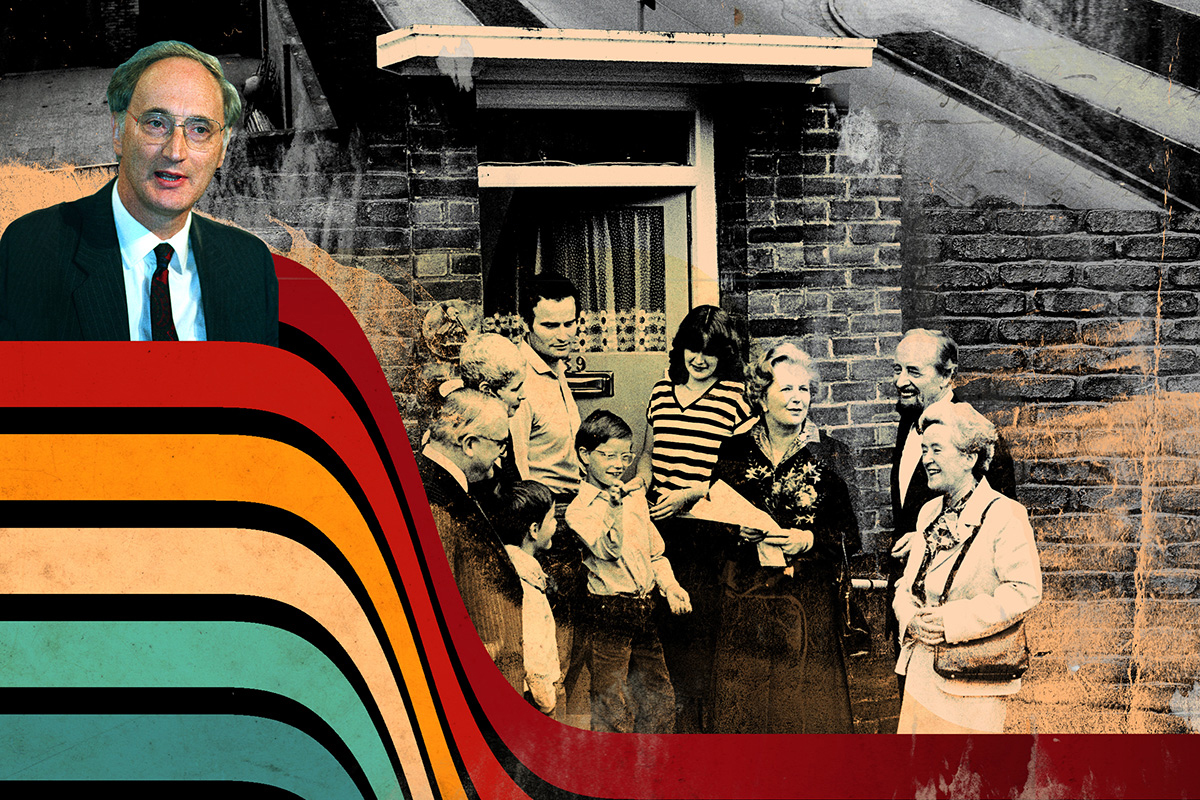You are viewing 1 of your 1 free articles
All is fair when it comes to handling complaints
Landlords need to embrace as well as comply with the Housing Ombudsman’s updated Complaint Handling Code. Catherine Simpson, senior associate at Anthony Collins, breaks down how
“Accessible, fair and efficient” are the words used to describe the Housing Ombudsman’s updated Complaint Handling Code, which will become a statutory requirement on 1 April 2024. The new code is just one of a series of significant changes being introduced as part of the Social Housing (Regulation) Act 2023.
While registered providers (RPs) had previously been required to meet the obligations within the ombudsman’s previous code, under the statutory new code, RPs will have to actively demonstrate they are meeting the requirements via the self-assessment process. The act also puts a duty on the Housing Ombudsman Service to monitor compliance with the new code.
A tsunami of tenant complaints and service requests, as well as raised public concern about the poor standard of social housing have led to the introduction of a more prescriptive approach. Under the new code, the ombudsman will gain stronger powers to investigate when things go wrong.
For example, the ombudsman will have a new duty to monitor complaints under the new code and, for the first time, will be able to intervene to assess landlords, even where no complaints have been referred to them for investigation.
For landlords, the new code represents a major change and shifts the balance towards responsiveness and accountability.
Already under mounting pressure, landlords will soon be dealing with more proactive consumer regulation from the Regulator of Social Housing (RSH) including Awaab’s Law, which is intended to protect residents from hazards, and a new requirement enforcing professional training of housing managers and executives. Despite these pressures, ensuring compliance with the new code must be prioritised.
Among the key changes that landlords need to be aware of is that as part of the two-stage complaints procedure, no informal complaints stages will be allowed as these have previously led to confusion among tenants and delays. Tenants will also not need to give a reason to escalate a complaint to stage two.
Different timelines are also being introduced, which start as soon as a complaint is logged and landlords must accept complaints referred to them within 12 months (previously it was six months) of the issue occurring, or the individual becoming aware of the issue.
“With so much pressure and a strict timetable for handling complaints, it seems likely that we will see an increase in complaint-handling failure orders issued by the ombudsman”
Landlords will also be required to undertake and submit a self-assessment statement, which must be signed off by its board. There will need to be an identified ‘member responsible for complaints’, as well as a senior officer who is accountable for responding to complaints. Landlords with more than 1,000 homes will need to submit these compliance statements by 30 June each year in order for the ombudsman to align with the timetable for producing tenant satisfaction measures.
As part of its new duty to monitor complaints, the ombudsman will be able to triangulate self-assessment statements to compare landlords’ data and their own information, as well as data from external sources. If necessary, landlords will then get a visit from the ombudsman, which may invite tenants to share their experiences directly either through in-person meetings or a call for evidence hosted on the ombudsman website.
One helpful aspect is the introduction of a universal definition of a complaint, providing clarification over what is a service request and what is a complaint. Landlords must distinguish between the two, so they need to be clear about (and ask tenants) whether their expression of dissatisfaction is a complaint or a service request.
If they are dealing with a complaint, then they will need to acknowledge it within the correct time frame: five working days.
With roughly a month to its enforcement, there is not much time for landlords to prepare for the new code. With so much pressure and a strict timetable for handling complaints, it seems likely that we will see an increase in complaint-handling failure orders issued by the ombudsman. Of course, it is also possible that the changes could bring about a gradual improvement in responsiveness and complaints handling over time.
“Among the key changes that landlords need to be aware of is that as part of the two-stage complaints procedure, no informal complaints stages will be allowed”
To achieve this, landlords should take steps to improve their records throughout the complaints procedure, making comprehensive notes about when a service request is received, when repair work is carried out and when it is completed to a satisfactory standard. It is also important to ensure that all employees understand the importance of identifying when a complaint is being made and how to respond.
Finally, landlords should also aim to use live complaints as opportunities for learning and improvement; creating a more positive complaint-handling culture.
In support of the new code, the ombudsman has provided guidance for landlords on what good practice should look like, which can be accessed via the Centre for Learning on the ombudsman’s website.
The new code has raised the stakes for social landlords at an intensely challenging time. On top of rising costs, squeezed margins and greater scrutiny of their performance, they must now overhaul their complaint-handling systems in a very short timeframe.
For those that embrace the challenge, there is an opportunity to gain an advantage by demonstrating a commitment to improving living standards and gaining a much closer and granular understanding of the condition of each of their properties. All of this is needed to comply with the incoming consumer regulatory regime.












